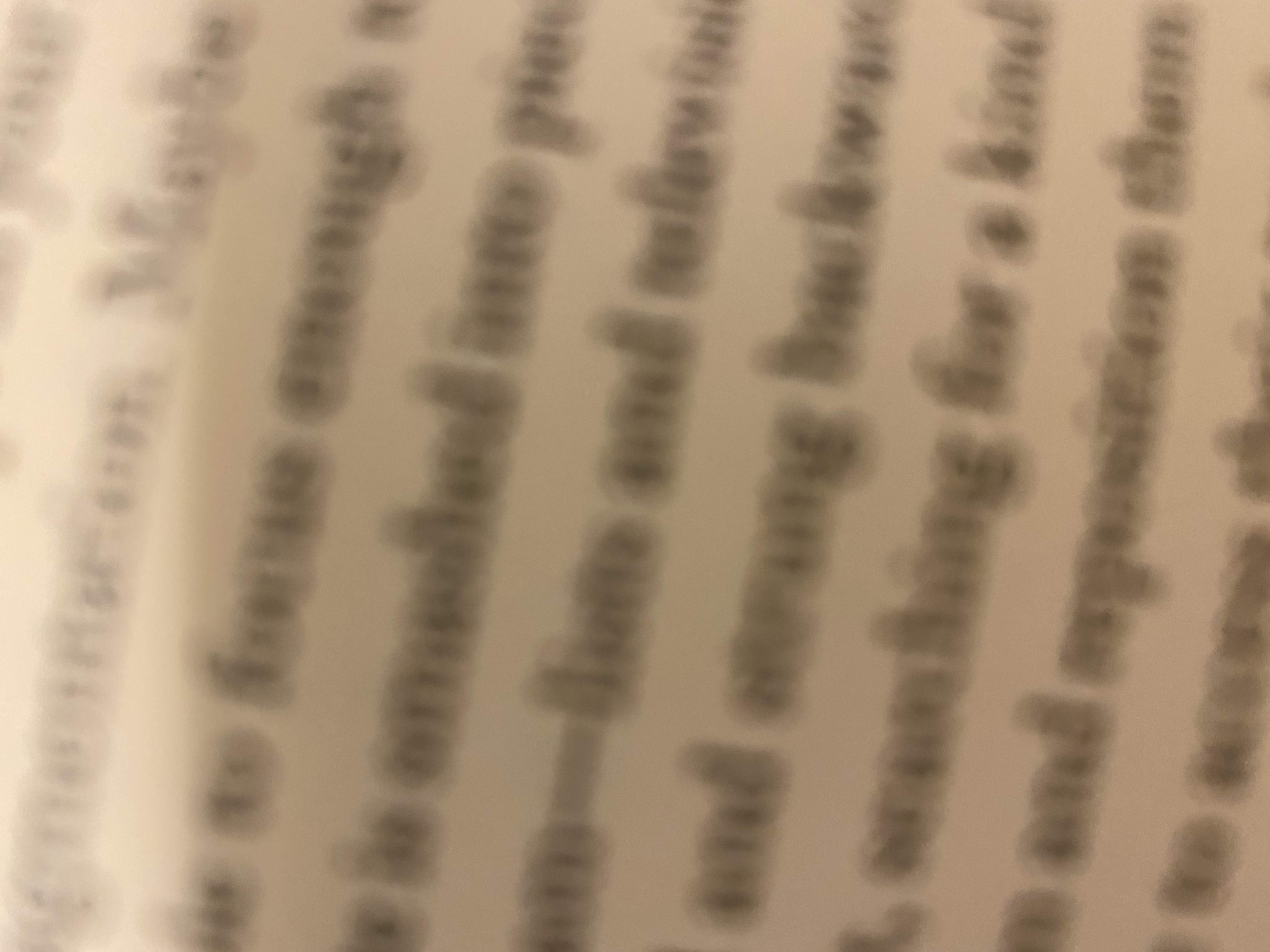
Fernando Ursine
on translating Manuel Bandeira
This was a great opportunity to translate one of my favorite poems. “Poética,” with its very modernist manifesto-like tone, struck a chord with me the first time I read it. The poem speaks to a return to lyricism that, instead of being perceived as bureaucratic like its Parnassian predecessors, is modern, pungent, and critical. At the same time, it asks and allows for a series of innovations considered impossible in previous Brazilian literary movements. I hope to live up to Bandeira’s original and adequately convey the poem-as-a-joke, which is simultaneously political and comical.
As some grammatical devices do not work the same way in English and Portuguese, there was a need for compromises like the ones in the notes above. Nevertheless, trying to find a way around it during the translation process was quite enjoyable.
Below are some lines with specific translations of interest:
(1) The beginning of the first line, “Eu estou farto,” can also be translated as “I am tired” and similar expressions, but I chose to use “I am done” to give the translation a more contemporary tone.
(2) Here, instead of “sr. diretor” (Mr. Director), I chose to use “mr. big boss” to add to the general comic tone present in the poem.
(3) Although in the original, the words for “political,” “rickety,” and “syphilitic” rhyme, there was no better alternative to translate into English than the current attempt. In addition, since in Portuguese adjectives usually come after the noun they modify, I had to adapt the rhythm for the fifth stanza, positioning “lyricism” after the last adjective.
(4) Similarly, there was a choice to translate some strings of adjectives as they would be written in Portuguese to create the tone to close the poem in a manifesto-like nature.
(5) Instead of the literal translation “I do not want to know about (…),” I preferred to use a more casual “I don’t care.”
about the author
Manuel Bandeira, in full Manuel Carneiro de Sousa Bandeira Filho (b. April 19, 1886, in Recife, Brazil, and died Oct. 13, 1968, Rio de Janeiro) was one of the principal figures in the Brazilian literary movement known as modernismo. In addition to writing poetry, he was a translator, critic, anthologist, and literary historian.
In his poetry, Bandeira abandoned the rhetorical tone of his predecessors and used colloquial Brazilian speech to treat prosaic themes and everyday events with directness and humor. His poems’ themes were simultaneously related to daily life and universal topics, often using a “poem-as-a-joke” approach to deal with forms and inspirations that the academic tradition of his time considered vulgar.
The book in which “Poética” was featured for the first time, Libertinagem (1930), is regarded as one of the essential books in Brazilian poetry. In the book, Bandeira brings us poems that were not only remarkable to his career but also contributed significantly to modernisto literature and Brazilian poetry in general. Furthermore, the book crowns Bandeira’s transition to modernismo in its use of free verse, colloquial language, unconventional syntax, and themes based on Brazilian folklore.
about the translator
Fernando Ursine, from Montes Claros, Brazil, currently based in Sapporo, Japan, is a master’s student at Hokkaido University Public Policy School. His interest in Brazilian modernist literature goes back to high school when he learned about the movement in his literature classes and was amazed at the poem-manifestos written by Manuel Bandeira and Oswald de Andrade, among others, and the concept of “poem-as-a-joke,” common among the first Modernist generation authors. This fostered his passion for modern and contemporary Brazilian literature and writing. He likes to learn things, and his interests are all over the place.

